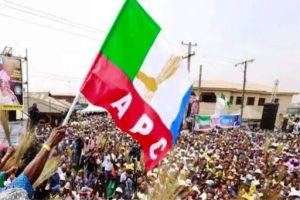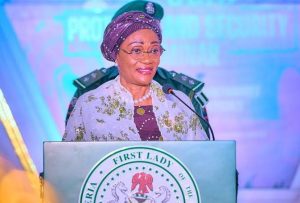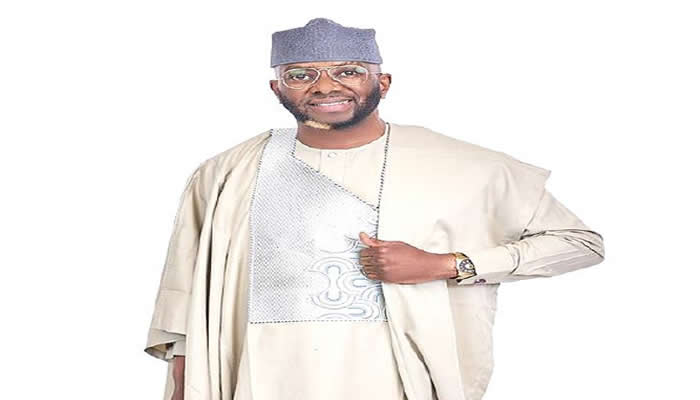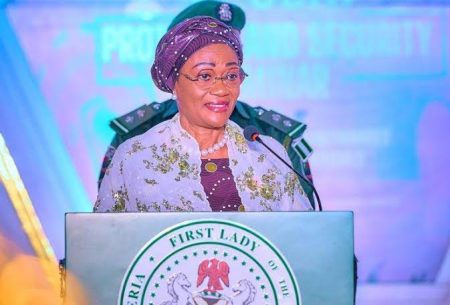The deplorable condition of federal roads in Ekiti State has become a source of grave concern for residents, commuters, and political figures alike. Emmanuel Fayose, a prominent figure in the Peoples Democratic Party (PDP) and a governorship aspirant, has voiced his concerns, urging the federal government to intervene swiftly and address the pressing issue. The dilapidated roads have not only disrupted transportation but also inflicted untold hardship on motorists and travelers, exposing them to danger, distress, and prolonged periods of suffering. The situation has deteriorated to such an extent that essential journeys are fraught with uncertainty and peril, impacting both individuals and the economic activities of the region.
Fayose’s recent personal experience highlighted the severity of the road conditions. Traveling from Abuja to Ekiti State by road, he witnessed firsthand the struggles faced by commuters. Upon reaching Iluomoba Ekiti, he encountered numerous trucks, buses, and other vehicles stranded on the impassable Ijan-Iluomoba section of the Ado-Ijan-Ikare federal road. The scene was one of despair, with drivers and passengers having spent days, even weeks, trapped in their vehicles, exposed to the elements and unable to reach their destinations. The stranded individuals shared their stories of hardship, describing sleepless nights, dwindling resources, and the mounting anxiety of being separated from their families and livelihoods.
Moved by the plight of the stranded commuters, Fayose took immediate action. He procured and delivered truckloads of gravel to fill the most severely damaged portions of the road, providing temporary relief and enabling the stranded vehicles to continue their journeys. While acknowledging this was a temporary fix, Fayose stressed the urgent need for a comprehensive and lasting solution from the federal government. He appealed directly to President Bola Tinubu, emphasizing the suffering of the people of Ekiti State and the critical need for improved infrastructure.
Fayose’s appeal extended beyond the immediate road crisis to encompass a wider range of challenges faced by the people of Ekiti State. He highlighted the lack of jobs, inadequate electricity supply, and the absence of basic amenities like clean water. He painted a bleak picture of a state struggling with poverty and neglect, contrasting it with the regular allocation of resources that seemingly fail to translate into tangible improvements for the citizens. He criticized the state government for its perceived insensitivity to the plight of the people, arguing that more could be done to alleviate their suffering.
The testimonies of the stranded drivers further underscored the severity of the situation and the impact on their lives and livelihoods. Abdullahi Kamilu, a truck driver en route to Kaduna, described being stuck on the road for over four days, incurring significant expenses for basic necessities like food and water. He pleaded with the federal government to intervene and fix the road, highlighting the financial burden placed on drivers and the disruption to their schedules. Similarly, Taiwo Ishola, another truck driver heading to Abuja, lamented the lost time and income due to the road conditions, expressing gratitude to Fayose for his timely intervention.
The dire situation of federal roads in Ekiti State reflects a larger infrastructure deficit that plagues many parts of Nigeria. The deplorable conditions not only impede economic activity and restrict movement but also pose a serious threat to the safety and well-being of citizens. The lack of adequate road infrastructure hinders access to essential services, limits opportunities for trade and commerce, and isolates communities. The prolonged neglect of these critical arteries of transportation underscores the urgent need for increased investment and a concerted effort to address the infrastructure deficit. The call for government intervention is not merely a plea for improved roads but a demand for improved quality of life and a recognition of the fundamental right to safe and accessible transportation. The stories of hardship and the temporary relief provided by Fayose’s intervention serve as a stark reminder of the human cost of infrastructure neglect.














